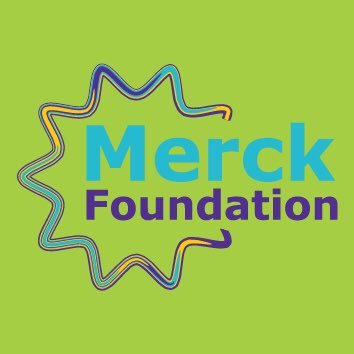The Merck Foundation, in collaboration with African first ladies, ministries of health, and medical societies, has provided 830 specialised medical scholarships to doctors across 52 countries in Africa, Asia, and Latin America.
This milestone is part of the foundation’s broader initiative to enhance healthcare systems by addressing critical gaps in specialised medical care.
The scholarships, drawn from a total of 2,080 awarded by the foundation to date, enable young doctors to pursue one-year postgraduate diplomas and two-year master’s degrees in preventative cardiovascular medicine, cardiology, diabetes, endocrinology, and obesity and weight management.
These programs aim to equip healthcare providers with the expertise needed to combat the growing burden of non-communicable diseases (NCDs).
Speaking on the achievement, the CEO of Merck Foundation, Dr. Rasha Kelej, said” I am very proud to share together with our ambassadors, the first ladies of Africa, and partners, till date, we have provided 830 scholarships to doctors from 52 countries of one-year PG Diploma and two-year Master degree in Diabetes, Hypertension, Preventative Cardiovascular, Cardiology, Endocrinology and Obesity & Weight Management, and also a special three months diabetes Master course in English, French, Portuguese and Spanish.”
The scholarships address a significant healthcare challenge in regions where access to specialized care is limited. Graduates of the program are encouraged to establish specialised clinics in their local health centers and hospitals, improving access to care for patients in rural and urban areas alike.
The initiative comes at a time when the burden of NCDs is rising, particularly in Africa.
According to the World Health Organisation (WHO), 45 million adults in Africa are at risk of developing type 2 diabetes, a figure projected to reach 110 million by 2045. Also, the region has the highest rate of undiagnosed diabetes globally, with 70 percent of adults unaware of their condition.
By training doctors in diabetes, hypertension, and cardiovascular care, the Merck Foundation is tackling these issues head-on, with a focus on prevention, early detection, and effective management.
The scholarships are part of the foundation’s wider mission to strengthen healthcare capacity in underserved regions. Since the launch of this program, many alumni have established diabetes and cardiovascular clinics in their communities, reducing the strain on larger hospitals and improving patient outcomes.
A Merck Foundation alumnus from Zambia, Dr. Mwamba Katema, expressed his gratitude: “Going through the postgraduate diploma in diabetes exposed me to well-researched, evidence-based and up-to-date information on diabetes and its management, including aspects of the disease that I had never imagined.
“Also, as a result of my newly acquired knowledge, I am in the process of setting up a diabetic clinic for patients from both my clinic and the surrounding facilities to access services at our clinic. The introduction of the zonal diabetic clinic will help decongest the general hospital, reduce transport costs and waiting time for patients, hence enhancing patient compliance to treatment, and reducing the incidence of diabetic complications.”











